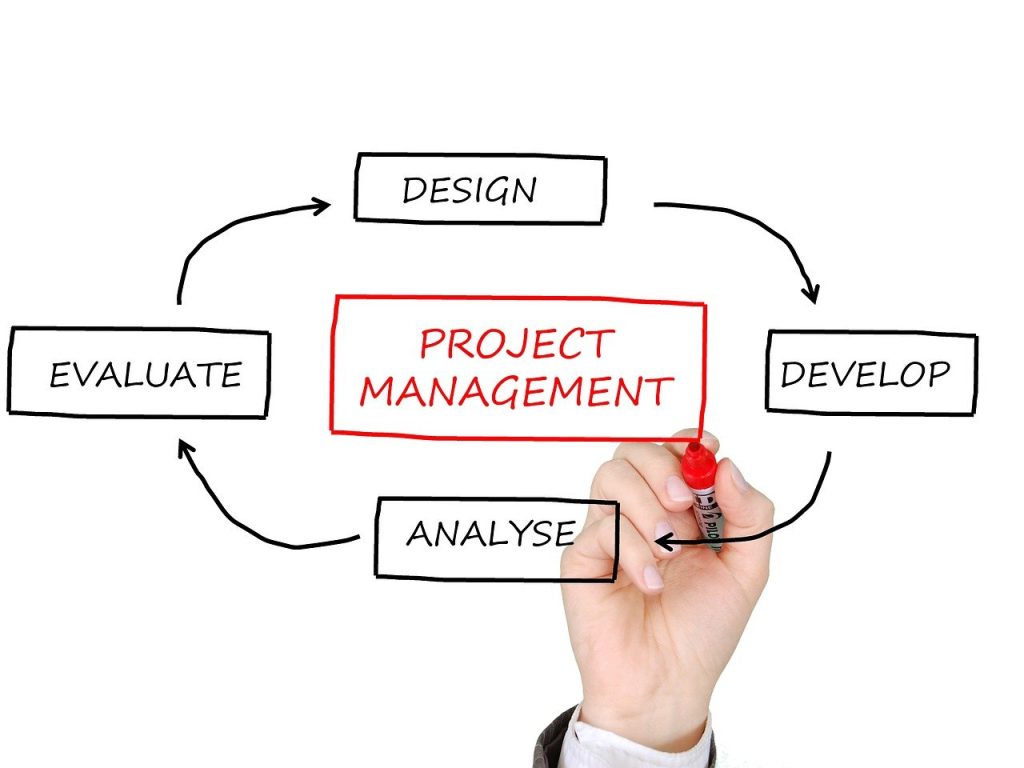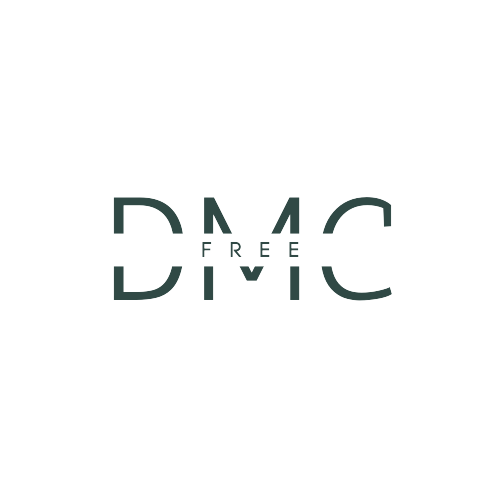
Project Management is the structured application of knowledge, skills, tools, and techniques to project activities to meet project requirements and achieve a favorable balance between scope, time, cost, and quality. Project Management enables organizations to execute projects effectively and efficiently, enhancing their ability to fulfill their strategic goals. For an in-depth understanding, we recommend the Project Management Institute’s guide.
Table of Contents
Core Components of Project Management
1. Initiation:
The project commences with an idea, and its viability is assessed. It’s crucial to establish the project’s objectives, purpose, feasibility, and overall scope during this phase.
2. Planning:
Detailed planning involves setting goals, defining roles and responsibilities, developing schedules, budgets, resources, risk management plans, and other documentation that will guide the project through to completion.
3. Execution:
The project team is distributed resources, and the tasks are executed as per the project plan. This phase involves coordinating people and resources, communicating with stakeholders, and ensuring that the project stays on course.
4. Monitoring/Controlling:
This phase occurs simultaneously with the execution phase. It involves tracking, reviewing, and regulating the progress and performance of the project, ensuring that project objectives are met and managing changes to the project scope, schedule, and costs.
5. Closing:
Marking the completion of the project, this phase involves handing over deliverables, releasing project resources, and determining the success of the project.

Skills and Qualifications Required
To excel in Project Management, an individual needs a mix of technical and soft skills, including:
- Educational Background: A bachelor’s degree is usually required, preferably in business or a related field. Certifications such as PMP (Project Management Professional) are highly valued.
- Technical Skills: Proficiency in project management software like Microsoft Project, JIRA, or Asana.
- Leadership: Ability to motivate and guide the team towards project completion.
- Communication: Strong communication skills are essential for liaising with stakeholders and team members.
- Risk Management: Ability to identify, assess, and manage risks.
Salary Comparison
Below is a comparative table showcasing average annual Project Manager salaries across some of the top countries:
| Country | Average Annual Salary (USD) |
|---|---|
| United States | $95,000 |
| Germany | $67,000 |
| Canada | $75,000 |
| Australia | $85,000 |
| United Kingdom | $70,000 |
*Note: Salaries may vary depending on experience, education, and company.
Educational Paths and Learning Resources
A multitude of resources and educational paths are available for aspiring Project Managers. Some of the renowned platforms offering courses and certifications in Project Management include:
- Project Management Institute (PMI): PMI offers various certifications, including the globally recognized PMP certification, which is highly regarded in the field of Project Management.
- Coursera: Coursera provides a variety of Project Management courses from top universities and institutions.
- LinkedIn Learning: This platform offers numerous courses in Project Management, ranging from beginner to advanced levels.

Conclusion
Project Management is a critical discipline that employs structured methodologies to ensure the successful completion of projects across various industries. Equipped with the right skills, qualifications, and continuous learning, individuals can foster their careers in this dynamic and rewarding field, contributing significantly to organizational success. By utilizing educational platforms and staying abreast of industry trends, one can effectively navigate the realm of Project Management and spearhead impactful projects.
FAQs on Project Management
1. What is project management in simple words?
Project Management is the process of planning, executing, and overseeing a project from its beginning to its completion. It involves organizing resources, managing risks, and ensuring the project meets its goals, stays on budget, and is completed on time.
2. What are the 5 basics of project management?
The five basics of project management, often referred to as process groups, are:
a. Initiation: Defining the project and its objectives.
b. Planning: Detailing the project plan including scope, timelines, costs, and resources.
c. Execution: Carrying out the project plan and producing the deliverables.
d. Monitoring/Controlling: Tracking the project’s performance and making necessary adjustments.
e. Closing: Finalizing and concluding the project, assessing its success and learning from its performance.
3. What are the 4 types of project management?
The four main types of project management are:
a. Traditional Project Management: Linear approach, often used in construction and manufacturing.
b. Agile Project Management: Flexible and interactive approach, commonly used in software development.
c. Lean Project Management: Focuses on optimizing efficiency by eliminating waste.
d. Six Sigma Project Management: Emphasizes improving the quality of project outcomes.
4. What is project management short summary?
Project management is the practice of initiating, planning, executing, controlling, and closing a project to achieve specific goals within a specified time. It involves coordinating resources, managing risks, and ensuring the successful delivery of the project’s objectives.
5. What is project management best answer?
Project Management is a strategic discipline that involves applying knowledge, skills, tools, and techniques to project activities to meet project requirements. It is centered around achieving the project’s objectives within scope, time, quality, and budget constraints, while optimizing the allocation of necessary inputs and integrating them to meet pre-defined objectives.
6. What is the main point of project management?
The main point of project management is to ensure the organized and efficient execution of a project, fulfilling the defined objectives and delivering value to the stakeholders. It involves careful planning, resource allocation, risk management, and constant monitoring to achieve success within the given constraints.


